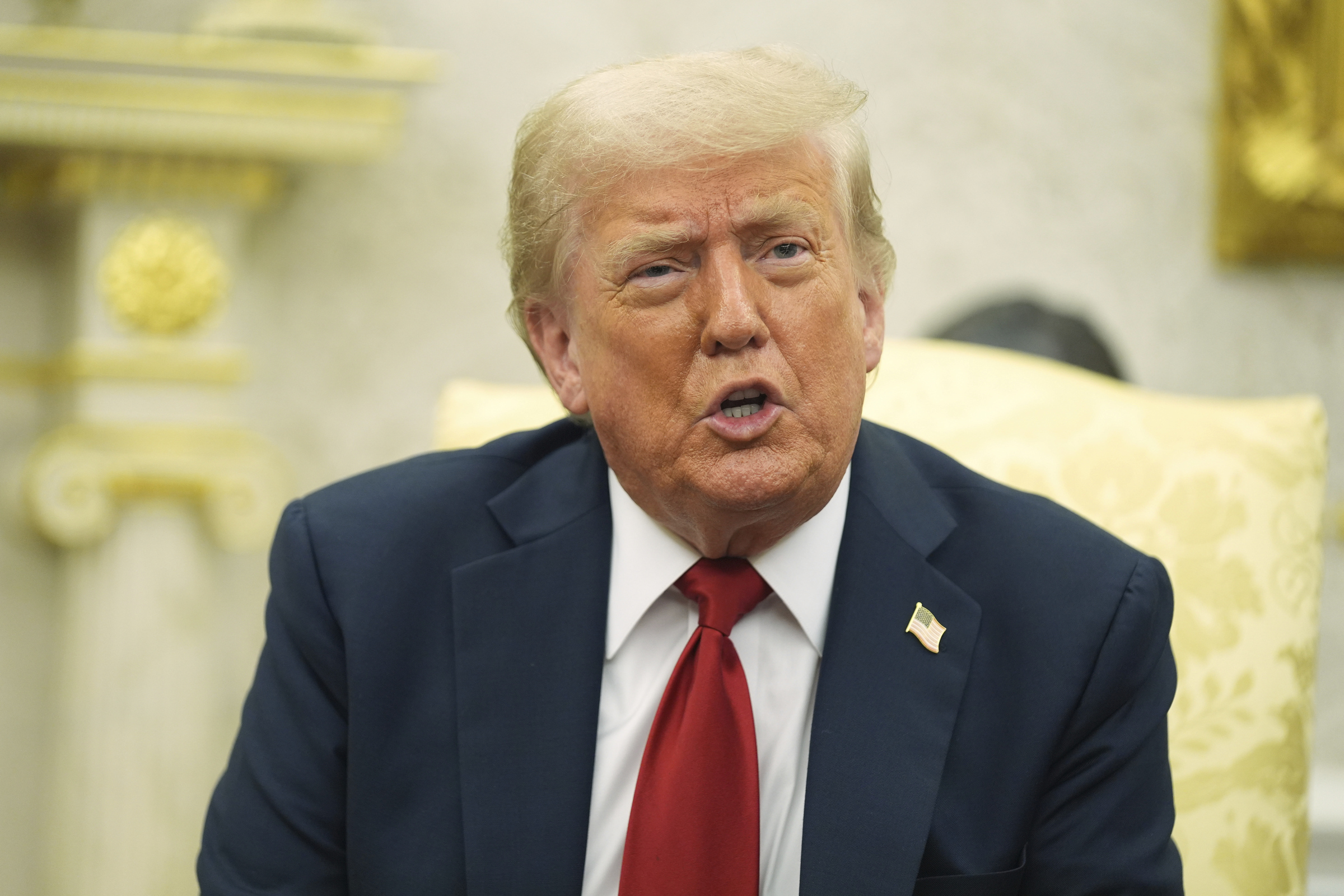The Genius Act, passed by the House of Representatives on 17/7 and the Senate earlier, marks a significant victory for cryptocurrency advocates who have long lobbied for a legal framework for the industry.
"Today's signing is a tremendous recognition of your hard work and pioneering spirit. This benefits both the US dollar and our country," Trump stated at an event attended by dozens of government officials, members of Congress, and cryptocurrency leaders.
This milestone paves the way for broader adoption of digital assets in payments and money transfers. The law mandates that tokens be backed by highly liquid assets, such as USD or short-term US government bonds. Issuing organizations must also publicly disclose the composition of these reserve assets monthly.
 |
US President Donald Trump at the White House on 14/7. Photo: AP |
US President Donald Trump at the White House on 14/7. Photo: AP
Stablecoins are cryptocurrencies developed on a blockchain designed to maintain price stability by pegging their value to fiat currencies. In recent years, their use in cryptocurrency transactions has grown, facilitating quick conversions between different tokens. One stablecoin typically equals 1 USD.
Treasury Secretary Scott Bessent stated that the law would strengthen the USD's position as a global reserve currency and boost demand for US government bonds, a key reserve asset for stablecoins.
According to estimates from Standard Chartered Bank earlier this year, the stablecoin market, currently valued at over 260 billion USD, could reach 2,000 billion USD by 2028. Cryptocurrency businesses and leaders believe the law will increase trust in stablecoins, encouraging banks, retailers, and consumers to use them for transactions.
According to the Federal Election Commission, cryptocurrency businesses and individuals spent over 245 million USD in the 2024 elections supporting pro-cryptocurrency candidates. President Trump acknowledged their support during his campaign: "I pledged we would restore American freedom and leadership, making America the cryptocurrency capital of the world. And that's precisely what we've accomplished."
However, Democratic lawmakers and critics argue the law should have prohibited large tech companies from issuing their own stablecoins, as this could further consolidate their power. They also advocate for stricter anti-money laundering regulations and a ban on foreign entities issuing stablecoins in the US.
Ha Thu (Reuters)












